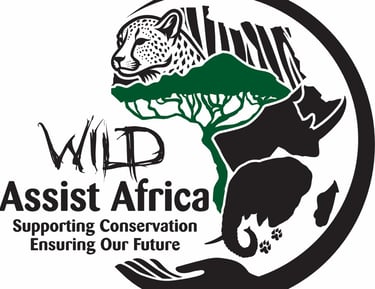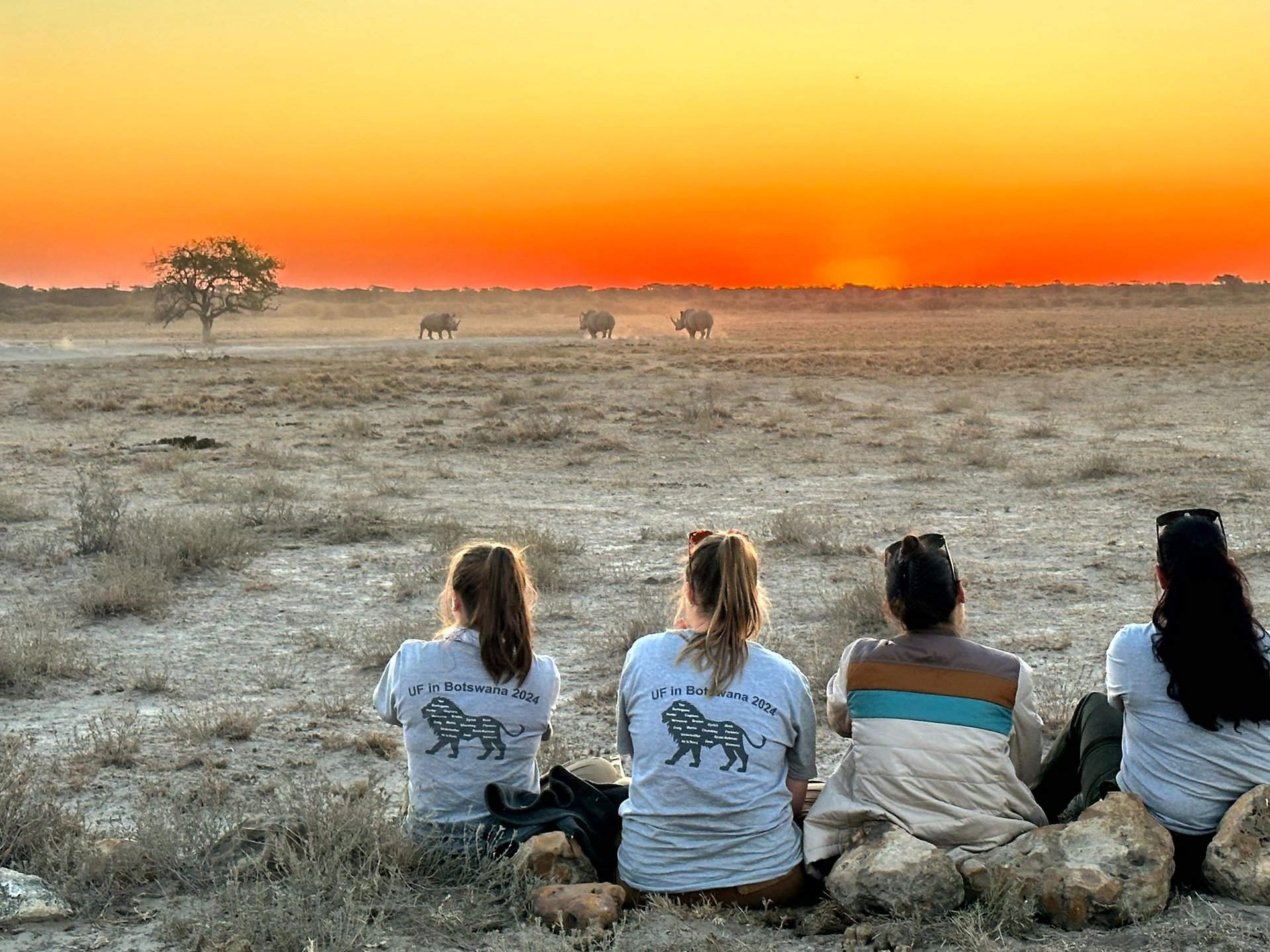
Educational Excursions and Training
We offer three general, broad-themed educational excursions in Botswana during the cooler months from late April to September. Each excursion lasts two weeks and can be adapted to participants’ needs, especially for aligning credits with specific training or educational institutions.
The first part of each excursion involves traveling and exploring general conservation principles at various sites in Botswana. The second part focuses on participation in one or more projects, offering hands-on experience. Groups typically range from 10 to 13 participants, and a general level of fieldwork-related fitness is expected.
Introduction to Conservation Medicine
This program is aimed at vets, veterinary students, veterinary technicians, veterinary nurses, and biologists. Topics include (but not limited to):
· Foot-and-mouth disease control practices
· Ecotoxicology and its impact on vulture conservation
· Wildlife vaccinations
· Wildlife-livestock interfaces around protected areas and private reserves
· One Health concepts
· Rhino management procedures
· Introduction to chemical immobilization in conservation medicine
Introduction to African Conservation Challenges
Aimed at scholars and professionals, as well as those interested in the fields of biology, conservation, ecology, and wildlife management, this program covers (but not limited to):
· The challenges managing local abundant but globally threatened species
· Different land-use forms in biodiversity conservation
· Human-wildlife conflict and coexistence concepts
· Monitoring wildlife abundance
· Use of tracking devices in wildlife management
· Sustainable resource use
· Pitfalls and benefits of various conservation tools employed in Southern Africa
Introduction to Wildlife Crime: Securing Our Natural Resources, and Wildlife Forensic Applications in the Southern African Context
This program is aimed at those interested in wildlife conservation and wildlife forensic science. It focuses on:
· General conservation principles
· Monitoring and protecting our rhino and elephant populations
· The role of forensic science in wildlife crime management in Botswana
· Challenges of crime scene investigations in Africa
Shorter Excursions Available
We are also able to offer shorter excursions for groups focusing on specific training levels or curriculum requirements within the scope of our projects.
Crime scene awareness training
We are conducting on site crime scene awareness training for rangers, private anti-poaching units, community scouts, game ranch owners, law enforcement officers and researchers to enable first responders to recognize a potential crime scene, secure a crime scene until investigators arrive, recognize and preserve evidence, and assist LEA officers to collect and process evidence. The training additionally includes the management of vulture poisoning sites. Forensic kits are donated to be placed at strategic sites.
Funding for training courses, expenses and forensic kits is acquired mainly through donor-based fund raising.
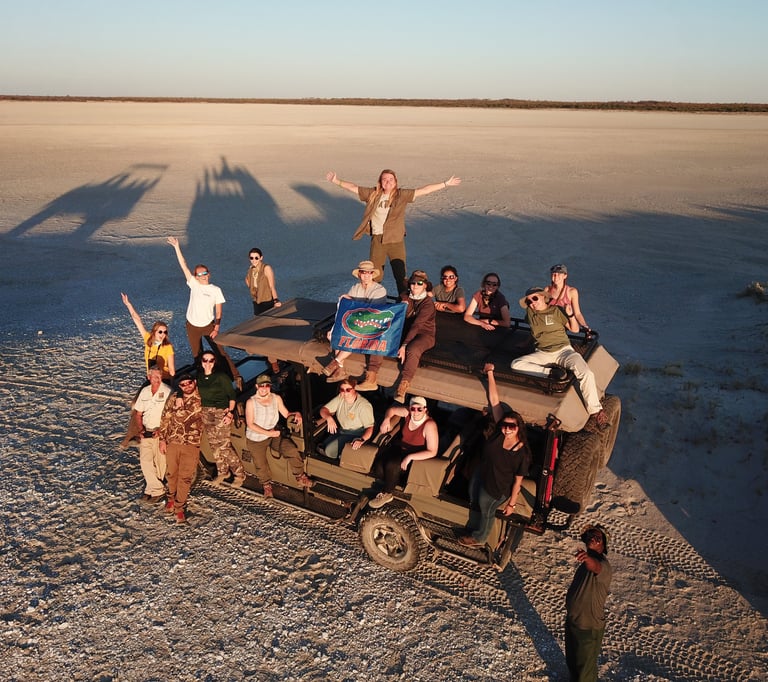

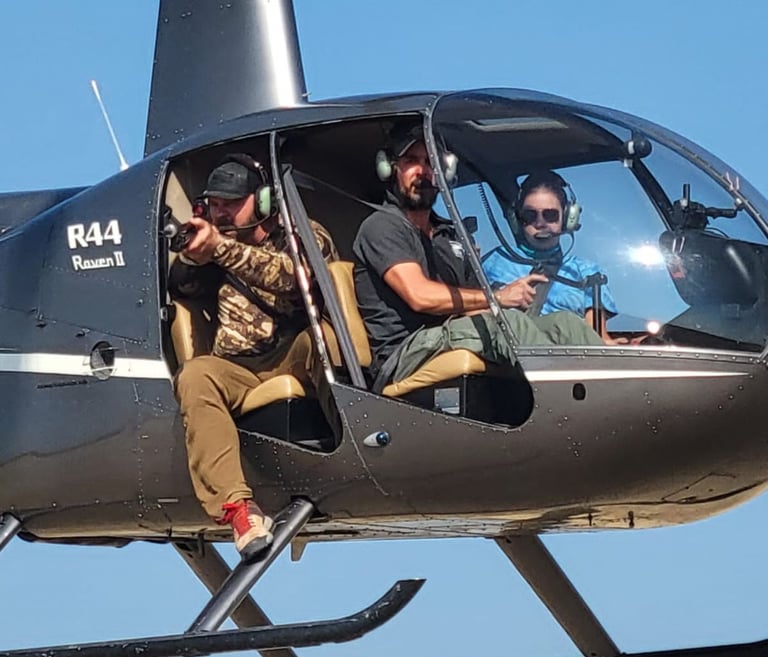

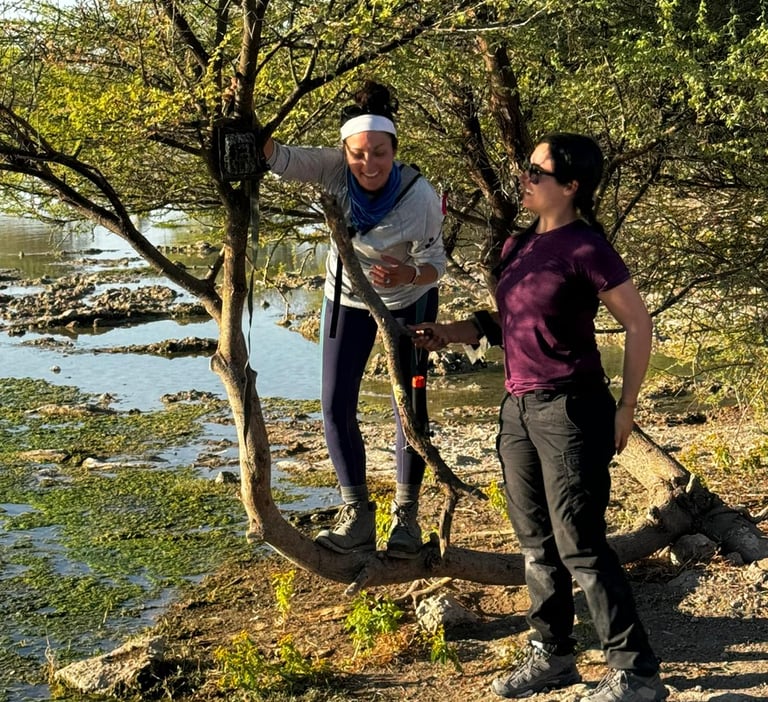

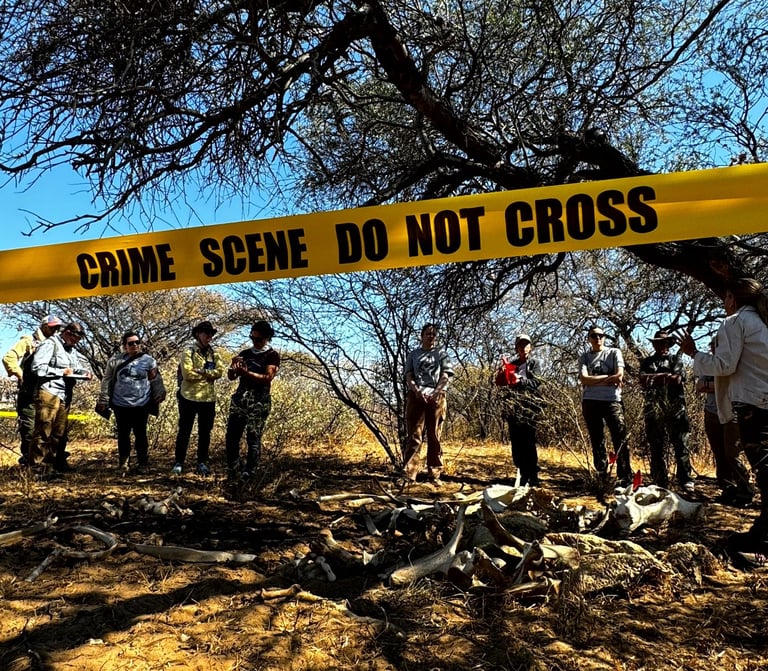

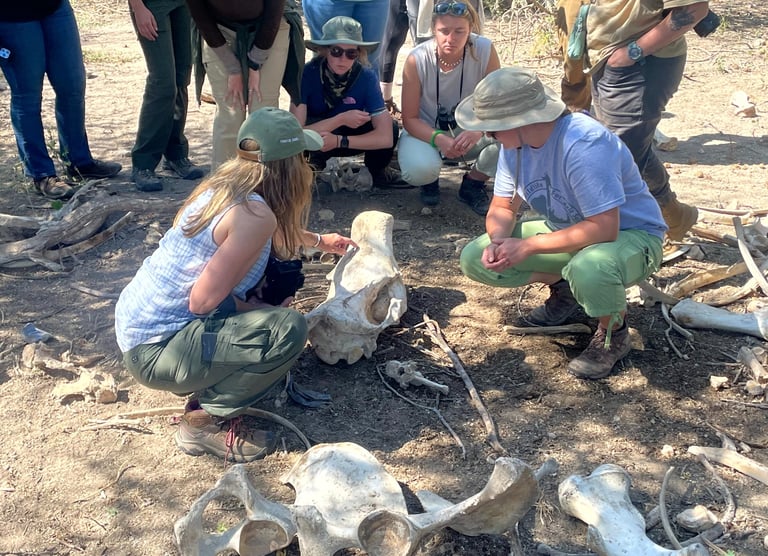

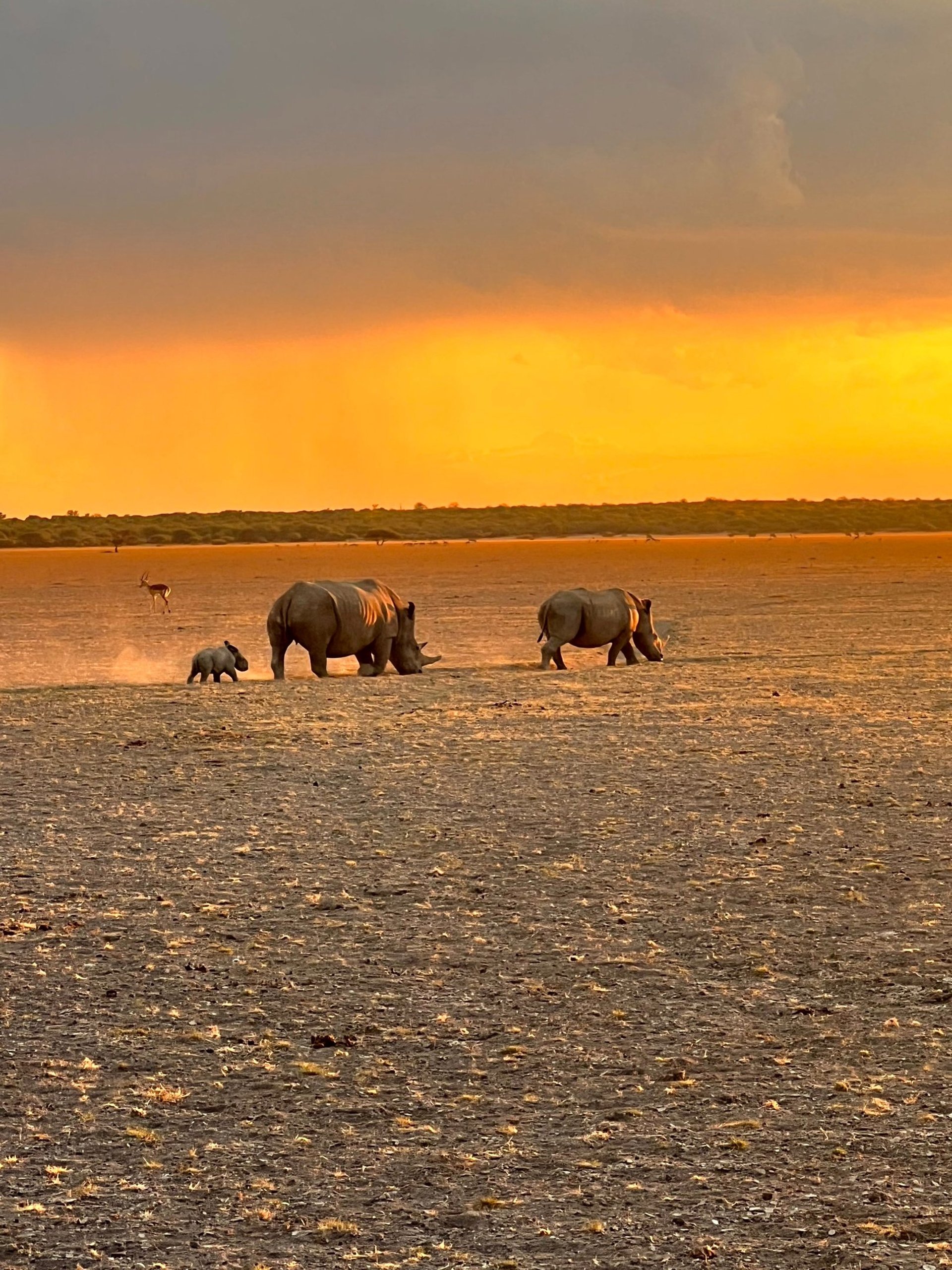
Get in Touch with Us
We welcome your inquiries and support. Connect with us to learn more about our conservation efforts and how you can help.
